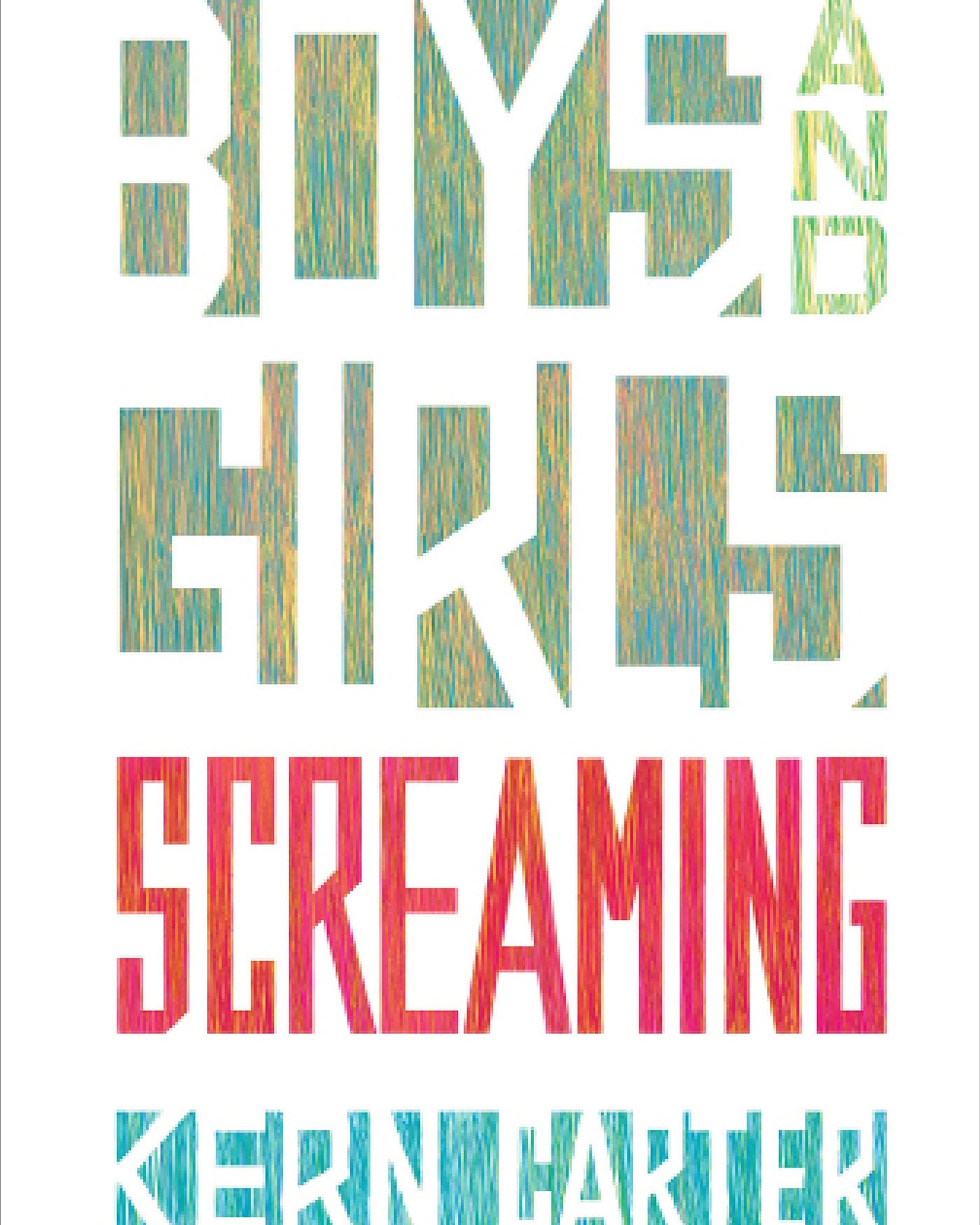Full manuscript in two months. That was the goal. I was on vacation in Mexico, no less, when I checked my email and saw the opportunity. It was mid-June and the conference was happening near the end of August. Agents would be there, and I told myself that nothing was going to stop me from getting this done, even though I’d never written a manuscript in less than a year.
But I was determined. I put myself on a rigorous schedule:
Write from 5:00 a.m. to 8:30 a.m.
Do freelance work from 9:00 p.m. to 3:00 p.m. (I still needed to make money)
Write again from 6:00 p.m. to 10:00 p.m. or whenever my brain shut down.
I was literally writing all day with only a short break. On many of those days, I’d be eating while I was typing, I’d be in the bathroom ruminating about what I’d written and how to make it better, my showers were dedicated to new ideas for the next chapter. This went on for two months.
I made the deadline, and to be honest, I was proud of myself. But as I started pitching the manuscript, the reactions weren’t what I expected.
“The concept of the story is good but the writing is not what I expected.”
“It’s just not all the way thought out.”
“I like it but don’t love it.”
“You have something here, but it’s not fully baked.”
My disappointment felt physical. With each negative response, my body convulsed. Part of it was trying to cope with the rejection, but the other half was knowing that the work I was showing wasn’t my best. Not yet. I needed to spend more time with it, to live with the characters a little bit longer so I better understood their motivations. I knew this. I knew this the whole time.
But there’s an urgency we feel as writers. It’s born from the reality that nothing we do is guaranteed to be heard much less appreciated or revered. This causes us to pounce on any opportunity that may increase the chance that our writing can transcend the pages and find its way to an audience. And if it takes writing 60,000 words in two months, so be it.
But consider the repercussions of this urgency.
First, the mental anguish caused by my writing schedule. I was sitting in front of a laptop for 12–13 hours a day. I’m a big proponent of giving creativity some space to breathe and there was no space over that two-month time span. What filled that space was pressure, all of it self-inflicted. And while a little bit of pressure keeps you sharp, the balance wasn’t right and it wore on me daily. Instead of waking up excited to write, I woke up feeling like every morning was the Superbowl and I had to win.
The other repercussion of this urgency was delusion. Because of the pace of my writing, I never gave myself time to reflect on whether or not it was actually good. Whatever idea came to my mind made its way to the page. If you’re a writer, you’d have to be delusional to think that all of your ideas are good ideas. And they weren’t. Instead, the manuscript was more like a sketch that hadn’t been painted. All of the colours were missing.
And then there was me. After my initial pride in having completed a manuscript in record time, I was left to face the torment of my own doing. The disappointment came even before the rejection. I knew what I had created wasn’t done with the passion, thoughtfulness and technique that’s required of effective storytelling. More than anything, that was the most difficult part to accept. That I could’ve done better.
I let the thought of “making it” dictate my creative process. I saw an opportunity to prove that all these years of writing, all the rejection and the disappointment actually meant something.
My ego needed to be satiated. It was tired of feeling empty. I was tired of feeling invisible. Someone needed to tell me I was great.
Even though this had nothing to do with me and everything to do with my writing, I didn’t make that distinction. Who I am and the words I put together exist in concert. One can’t be criticized without the other feeling its sting. That concept is another article in itself.
What I should’ve reminded myself was that the work comes first. Before any acknowledgement, before any luck, before any peek at the kind of success I expect of myself, the work must be done. There is no skipping steps, no jumping ahead of the line if the work hasn’t been properly prepared to match the opportunity. I learned that the hard way.
When I tucked my ego back inside, I realized how much work had to be done. I needed to get better, to push myself to become a better writer and that would take time and an investment into my education. With my ego no longer leading the way, those decisions became clear. The path wasn’t paved with stone but I could see the way.
Despite all of this, I‘m thankful for the experience. It lead me to a better understanding of what I’m capable of as a writer. It also made me realize how important it is to take my time through the process. I’m not one of those writers who can bang out 50,000 words in a month and have it be any good, and that’s OK. I know what it takes for me to be my best and I’ll keep doing that till I reach my goals.







I’m also learning that fast doesn’t always mean better. It rarely does in other facets of life — why would writing be any different? I suppose it’s the satisfaction of getting something “done” so we have something to show, and perhaps sell… but at what cost? This is what I struggle with. Thanks for sharing!
"You have something here, but it’s not fully baked.” A book is not a cake!....Why do they use this weird and coded language?
I'll admit that I was like that trying to start out, but rejections told me they weren't ready for me yet. Will they ever be?